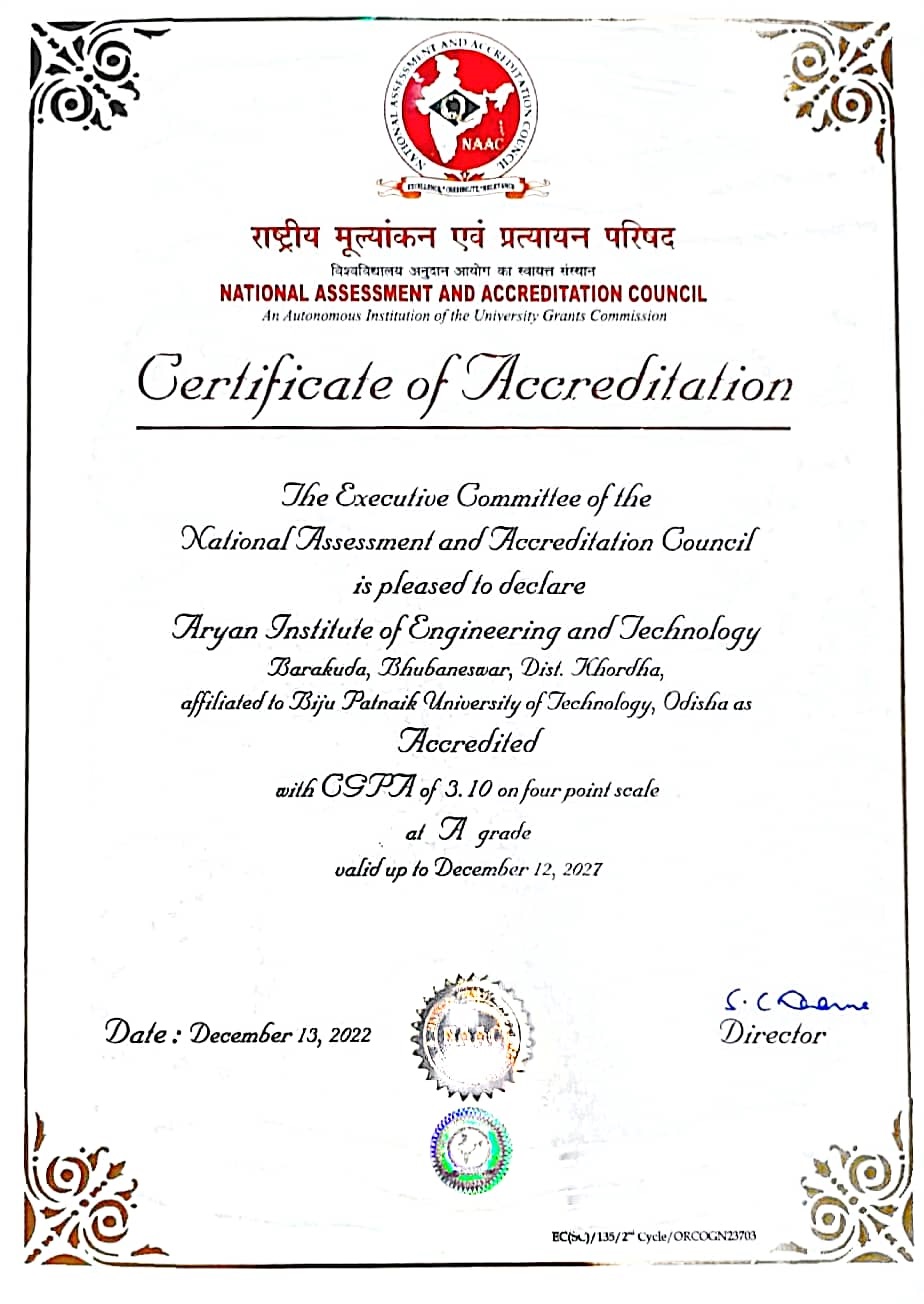The term employee includes non-teaching staff and other staff which come under this purview. The following code of conduct applies to all of the employees mentioned above:
General Rules:
-
Every employee shall, at all times, be devoted to his/her duty and shall maintain absolute integrity, discipline, impartiality and a sense of belonging and accountability
-
Every employee holding a supervisory post shall take all possible steps to ensure the integrity and devotion to duty of all employees under his control.
-
An employee should at all times be courteous in his/her dealings with other members of the staff, students and members of the public. His/her behaviour should be reflecting good values.
-
Unless otherwise stated specially in terms of appointment, every employee is a whole- time employee of the college, and may be called upon to perform such duties, as may be assigned to him by competent authority, beyond scheduled working hours and on closed holidays and Sundays.
-
An employee shall be required to observe the scheduled hours of work, during which he/she must be present at the place of his/her duty.
-
The institute is committed to maintain endorse a culture of conduct that showcase excellence, intellectual openness, inclusiveness, justice, integrity, fairness, respect, equity and accountability. It expects members to uphold these standards in their day-to-day decisions, actions, and interactions.
-
Taking part in politics and election: No employee shall take part in politics or be associated with any party or organisation which takes part in political activity, nor shall subscribe in aid or assist in any manner any political movement or activity.
Confidentiality:
-
Protect the confidential, proprietary, and private information generated by the Institute or acquired in the course of an individual’s association with the Institute; information will be used for official or legal purposes only and not for personal or illegal advantage, during or after the individual's association with the institute.
-
Honor non-disclosure agreements; abide by all rules and laws governing the use of copyrighted materials, patented ideas, licenses, and proprietary information.
Gifts:
-
Ensure fairness and honesty in relationships with suppliers and purchasers of the Institute’s goods, do not take favours from students in any form and avoid financial transactions, refuse any gift that could place individual or institute in embarrassing position, avoid being biased in dealings with lab and other suppliers.
Private employment or trade and investment:
-
No employee shall engage in any other work agreement directly or indirectly and if have to engage there should be prior sanction from management.
Attendance at Meeting:
-
An employee who is appointed as a member of any duly constituted committee of the University must attend all meetings of such committees.
-
If, for unavoidable reasons, he/she is unable to attend any meeting, he/she should send a previous intimation to concerned authority in order to arrange a substitution.
Consumption of intoxicating drinks and drugs:
-
An employee of the college shall not consume, or be under influence of any intoxicating drinks and drugs in the college campus premises.
Misconduct:
-
Furnishing false information regarding name, age, father’s name, qualification, ability or previous service or any other matter germane to the employment at the time of employment or during the course of employment.
-
Acting in a manner prejudicial to the interests of the Institution.
-
Wilful insubordination or disobedience, whether or not in combination with others, of his/her superior
-
Defiance of orders or direction of higher authority, writing letters with a high tone and tenor to the higher authorities.
-
Absence without leave or over-staying the sanctioned leave for more than four consecutive days without sufficient grounds of proper or satisfactory explanation.
-
Neglect of work or negligence in the performance of duty including lingering or slowing down of work.
-
Damage to any property of the Institution.
Explanation:
For the purpose of this rule “Sexual harassment” includes such unwelcome sexually determined behaviour, whether directly or otherwise as:
-
Physical contact and advances;
-
Demand or request for sexual favours;
-
Sexually colored remarks;
-
Showing any pornography; or
-
Any other unwelcome physical, verbal or non-verbal conduct of a sexual nature.
Note:The above instances of misconduct are illustrative in nature, and not an exhaustive.
Representations:
Whenever an employee wishes to put forth any claim, or seeks redressed of any grievance, he/she must forward his/her case through proper channel.
Interpretation:
The decision of the Board of Management on all questions relating to the interpretation of these rules shall be final.




